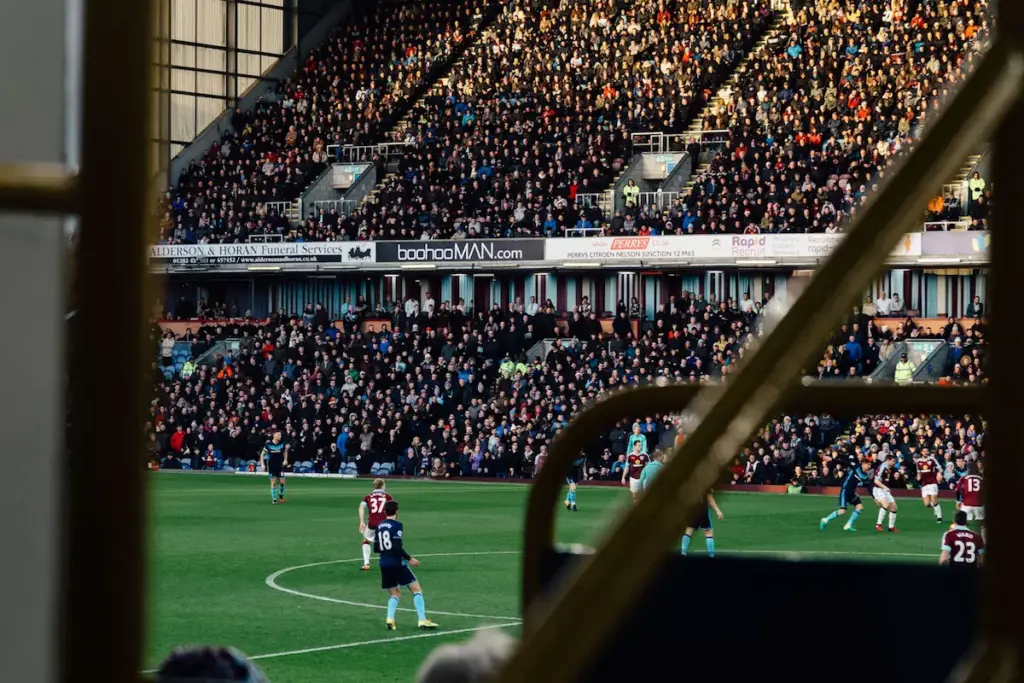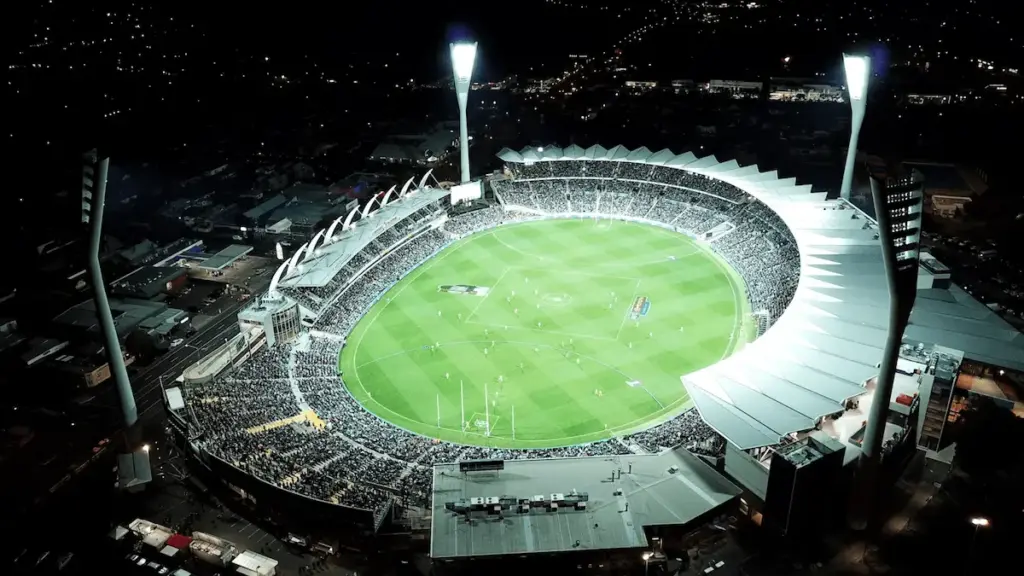The absence of fans from the stadiums is a new thing within the context of football, taking away the entertainment value from the matches and making the whole experience different. The roar of the crowd, which was taken for granted, is gone. In its place, the silence is deafening. This unnerving quietness has affected the sportsmen as well as the sport and has entirely changed it.
Effects on Players on a Psychological Basis
When one is on the pitch but with no audience present to rally around the game, players appear to be in a mental vacuum. They are trying to figure out what, on the very right thing, they will get excited about and what cheers or comments are missing. The flow of emotions from the fans can make the players put out their maximum effort. That vital support is, however, not there, with the result being that the game feels flat. The excitement of a last-minute goal scored, the instant pressure to continue playing because of the audience present, and so on all go into a dull thud.
This is not a phenomenon only for the players. The betting world feels this, too. The MelBet users who enjoy the uncertainty and thrill that the fan supporters bring realize that most of the games played without fans in attendance lack the excitement that is usually experienced at live sports events. The “crowd dynamics” have been altered. There is no more interaction between the players and the fans, as well as the fans and the sports activity itself.

Alterations in the Mechanics of the Game
In addition to the absence of spectators in the stadiums, there have also been appreciable alterations in the conduct of the game. This has brought some modifications that would have seemed impossible in a stadium packed with spectators:
- Tactical Approaches: Coaches modify their strategies, aware of the fact that crowds can no longer pressure referees or players.
- Player Communication: The absence of cheering patrons means players are able to coordinate better.
- Home Advantage: No longer does the home advantage loom large, as teams have shifted to playing under essentially sterile circumstances.
In this way, these modifications have covertly but rather deeply altered football, such that for every match played, it provides a new, different type of problem for players and teams.
Specific Effects of Fan Absence
The non-attendance of fans in football stadiums has brought about effects that are deep and multifaceted, impacting the psyche and physical aspects of the game. Again, the absence of the emotional electricity provided by the fans means that match days do not exist in the same way, and, therefore, players, teams, and even the game itself are impacted.
Home Advantage Factor
The concept of home advantage has long been central to the competition offered in football, but without any supporters, this has effectively begun to disappear. The psychological aspect of support from loud home fans, causing visiting players to lose concentration and home players to improve their performance, is no longer. These observations are backed by statistics that show a fall in the number of wins for home teams during this period, demonstrating just how much the presence or absence of crowds affects the outcomes of matches.
Disciplinary Impacts
The presence or absence of supporters also had a vital contribution to players’ discipline while playing the game. The physical and virtual presence of ferocious fans caused some players to demonstrate emotional restraint, thus curtailing the vice. On the other hand, with no such presence, things became a lot different. There was no one pressuring the players psychologically, and, as a result, a different kind of behavior was noticed, one that lowered the overall card counts but increased certain tackle commit counts. This change in perspective may seem insignificant, but to some extent, it is a factor that determines the players’ attitude toward specific aspects of the game.
Cost Implications of Such Action for Clubs
Fans being absent in stadiums has led to a number of financial problems for football clubs, as well as the various revenue aspects that such clubs depend on. Some of the major financial effects are:
- Loss of Receipts from Tickets: Empty seats mean that there is a reduction in match day turnover, which financially incapacitates the clubs.
- Loss in Sales of Merchandise: This is due to non-attendance of the supporters in the games, thereby reducing revenue from sales of merchandise within the stadium.
- Reduced Sponsorship Deals: It is reported that there are fewer willing sponsors who would like to put money into a team when there are unfilled stadiums, as this reduces exposure for their brands.
These financial strains are interrelated and worsen the situation, threatening the existence of many clubs.

Long-term Consequences on Fan Engagement
While the absence of fans in the stadiums for a long time remains, it threatens to erase the connections that have developed over the period of the sport. After some time, due to the inability to attend matches, fans may become passive and lose their interactions. This is what makes things hard as clubs attempt to win back these friendships; the longer the fans are kept away, the harder it is to ignite the flame and loyalty again. The digital renditions of the fan experiences, although necessary, do not compensate for the loss of the unique experience of being in the spectator audience.
Future Prospects
While the world changes, football does not know what the future holds, as the aspect of fans’ attendance at the stadiums is still ambiguous. The fans’ return will not only revive the heart of the game but will bring back monetary and emotional balance to organizations and fans. Nevertheless, the effects of this time may still be present, defining the manner in which football will be supported and enjoyed in the future. As a result of the pandemic, the nature of sports will change forever, and it will be against the expectations of experts.






